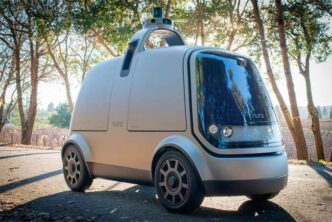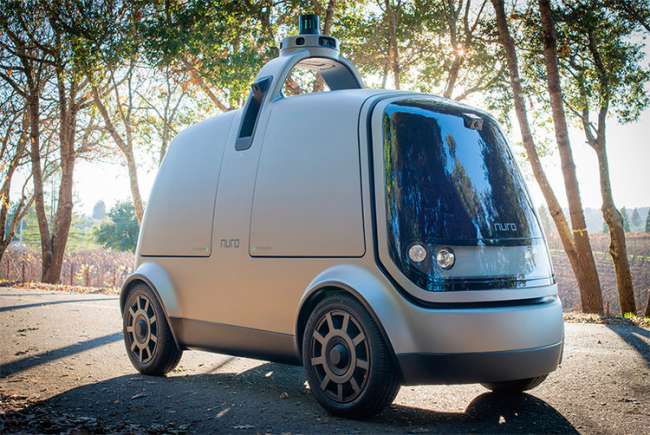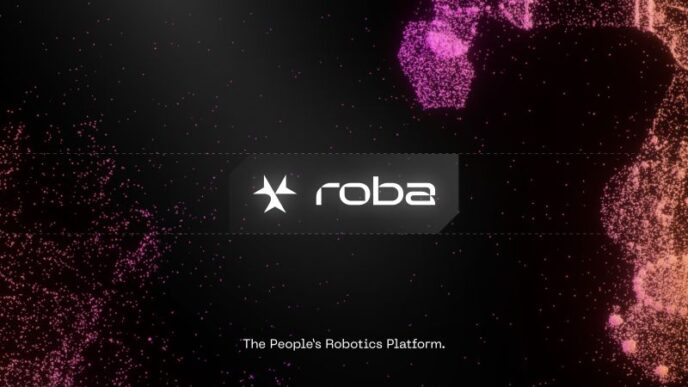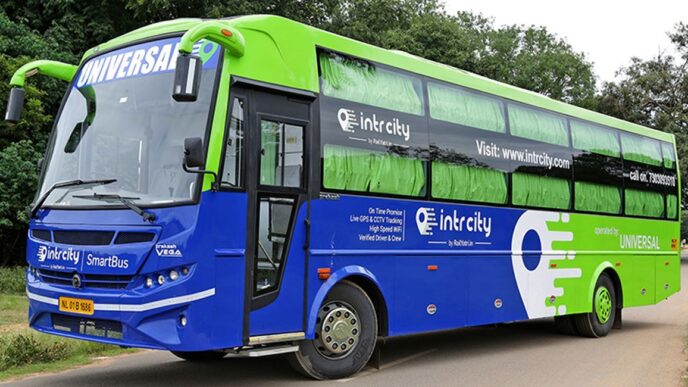Stellantis has joined forces with Chinese self-driving pioneer Pony.ai to bring fully autonomous electric vans to Europe, marking one of the most ambitious collaborations yet between an established global automaker and an AI-driven mobility startup.
The partnership will combine Stellantis’ automotive expertise with Pony.ai’s autonomous driving technology, aiming to introduce hands-free, eyes-off driving across European roads starting in 2026. The first pilot program will begin in Luxembourg, using the Peugeot e-Traveller built on Stellantis’ AV-Ready electric platform designed for SAE Level 4 autonomy.
According to Stellantis Chief Engineering & Technology Officer Ned Curic, the collaboration underscores the automaker’s goal to redefine how people and goods move in cities. He noted that driverless technology could make urban mobility safer and more efficient, while cutting operational costs for businesses and communities alike.
Founded in 2016 by James Peng and Tiancheng Lou, Pony.ai has established itself as one of China’s leading autonomous driving companies, operating fully driverless robotaxis in major cities like Beijing and Guangzhou. The company, which also runs operations from Fremont, California, will oversee its European expansion from a new Luxembourg-based division.
For Pony.ai, the collaboration with Stellantis represents a strategic step beyond robotaxis into autonomous commercial vehicles, a segment that could become a cornerstone for Europe’s evolving logistics and delivery market. The self-driving vans will blend Pony.ai’s AI-powered software with Stellantis’ electric vehicle systems to meet Europe’s rigorous safety and regulatory standards.
“We’re thrilled to partner with Stellantis to bring our autonomous mobility technology to Europe,” said Pony.ai CEO James Peng. “Their strong presence and portfolio of iconic brands make them an ideal ally to accelerate our global growth.”
Stellantis’ decision to integrate autonomous systems into light commercial vehicles aligns with its growing dominance through its Pro One commercial unit, which already leads Europe’s van market. By merging AI with electric drivetrains, Stellantis and Pony.ai aim to unlock a new era of smart, sustainable logistics, where vans can operate continuously with minimal human oversight.
The initiative also supports Stellantis’ broader strategy to electrify its entire lineup while embedding next-generation automation across both passenger and commercial vehicles.
Testing in Luxembourg is expected to begin soon, serving as a blueprint for scaling autonomous delivery fleets across multiple European cities in 2026 and beyond. If successful, this collaboration could redefine how commercial fleets operate, delivering goods faster, safer, and more sustainably than ever before.













